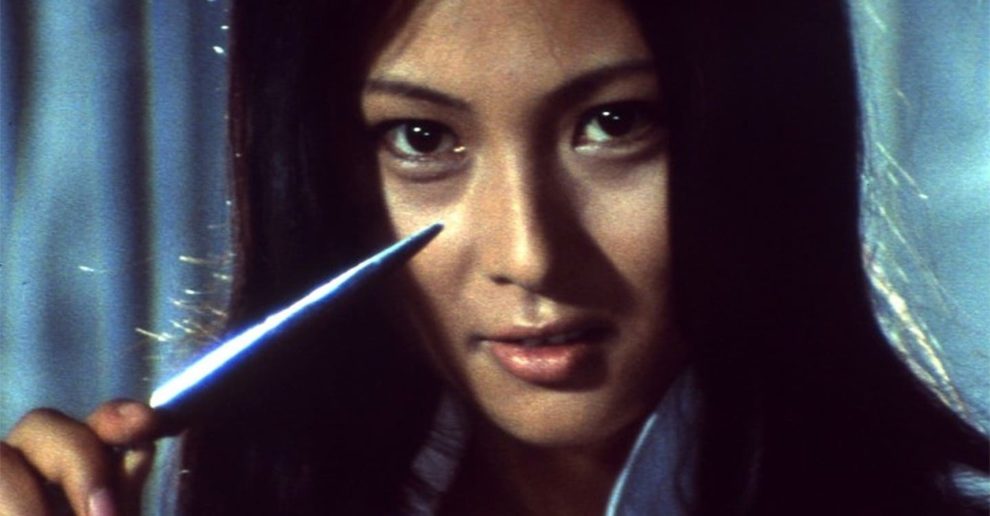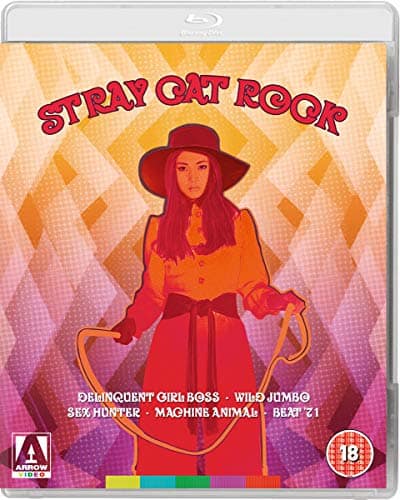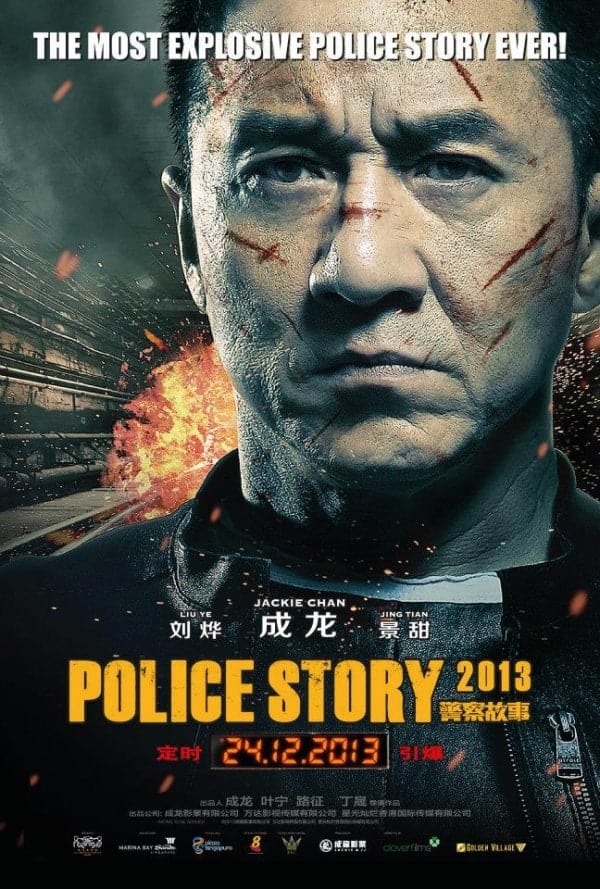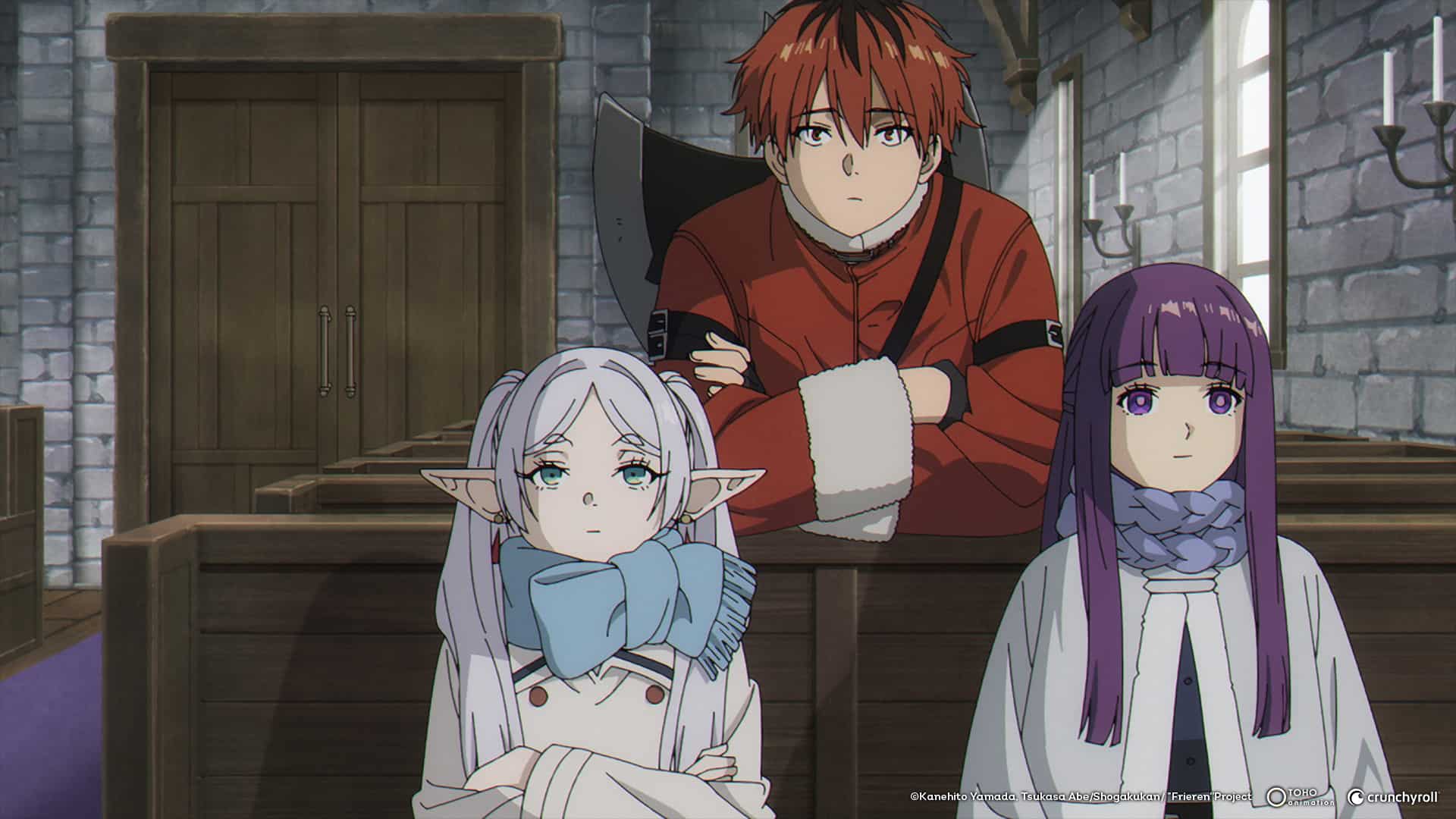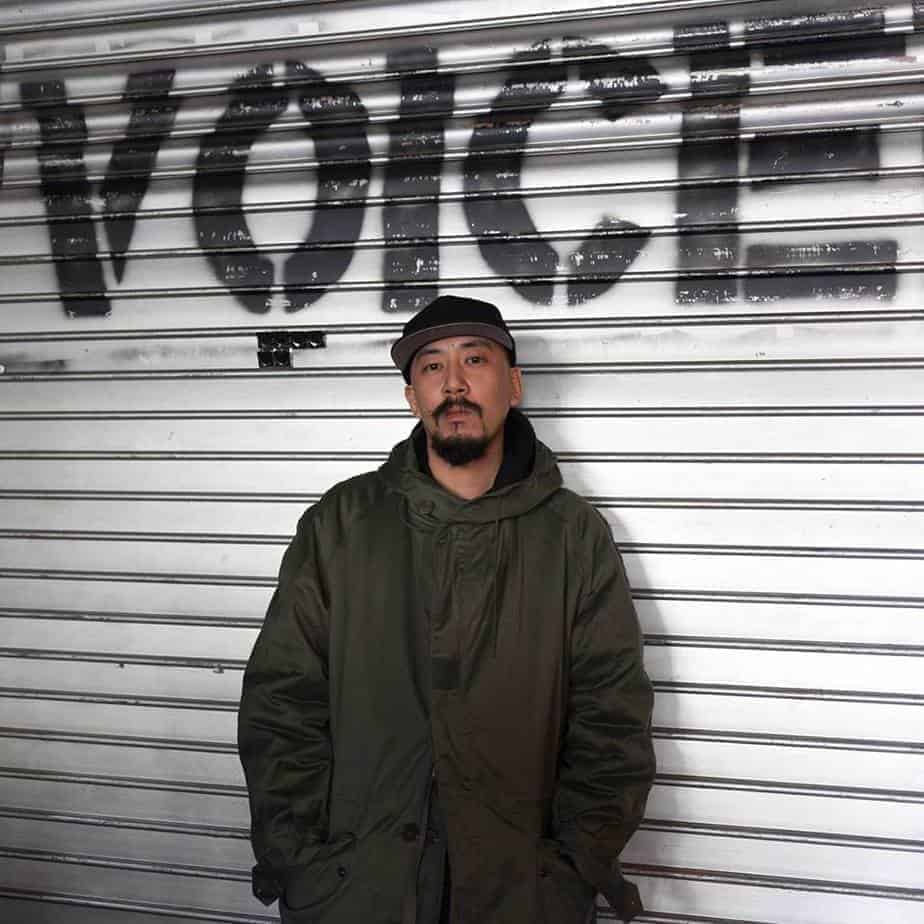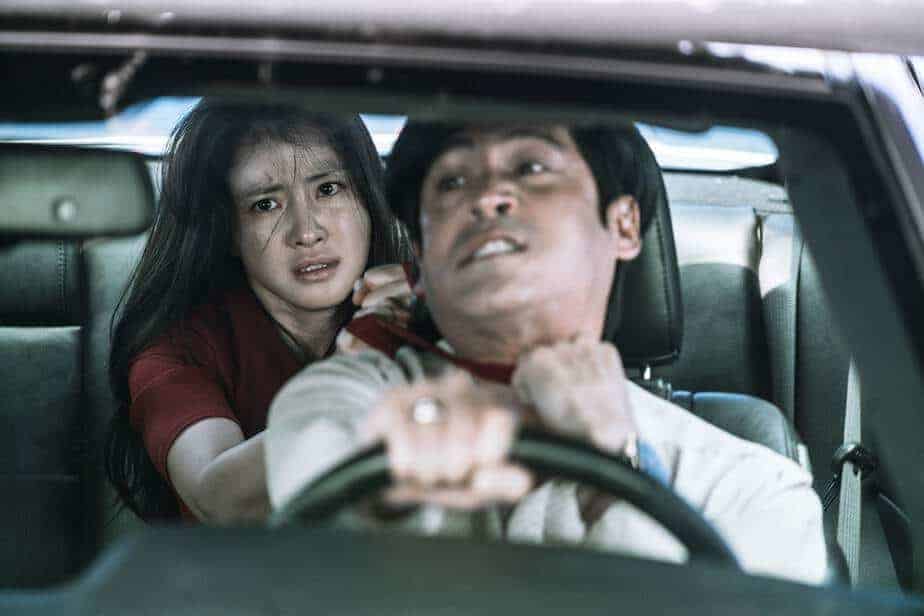Shot at the same time with “Wild Jumbo” (and premiering just one month later), Yasuharu Hasebe saw his protagonists shuttling between the two sets. However, while they seemed to mostly have fun in Fujita's film, they reserved their more serious work for “Sex Hunter”, which emerges as the best part of the series.
The film revolves around two delinquent gangs; one all-female, named “Alleycats” and led by Mako, and one all-male, named “Eagles” and led by The Baron. The two crews have a peculiar relationship, since there is a definite attraction between the two leaders (“Baron, why don't you ever fuck me?” Mako utters at some point), but things take a turn for the rather worse, when Alleycat Mari turns down the advances of Eagle Susumu, in favor of a half-Japanese, half-African American named Ichiro. Her attitude enrages the Eagles and especially the Baron, whose sister was raped by a half-breed American Japanese man many years ago, with the male gang embarking on a racist attack trip against all half-breeds in town, that soon becomes quite violent. Around the same time, another half-breed, Kazuma, arrives in town in search of his sister, and soon attracts the interest of Mako. An even more enraged Baron, tricks the Alleycats into a party that is eventually revealed as a set up for foreigners to rape them, sparing, though, Mako. Nevertheless, the leader of the Alleycats realizes what the Baron has become, and the clash is inevitable.
There are a number of elements that make “Sex Hunter” stand out, both in the series and the whole exploitation genre, but the most evident is the script by Atsushi Yamatoya, which Hasebe implemented excellently, both in the narrative and the casting/production. The main concept of the foreigner who arrives in town causing trouble obviously winks at the American westerns, but is the concept of racism that makes the film rise above, particularly in regard with the clash between the “pure race” and the mixed ones, which forms the main comment of the movie. That the latter are presented mostly as peaceful, hardworking individuals that get attacked for no reason, essentially, highlights the opinion Hasebe and Yamatoya exhibit in the film, although the reasons behind Baron's actions also present an accusation towards the US forces in Japan.

At the same time, this aspect carries on to various aspects of the production. The film was shot around Yokosuka, where a US Naval Base was based since the 50s, and a city that was the site of many anti-war protests during the late 1960s and 1970s, with the film implementing its criticism on American forces in a subtle, humorous but also quite pointy way. Particularly the way coca cola glass bottles are used throughout could as well be a cause for suing, since in one case, one is used a weapon against Ichiro's genitalia, and in the other, for Molotov cocktails carried by Mako.
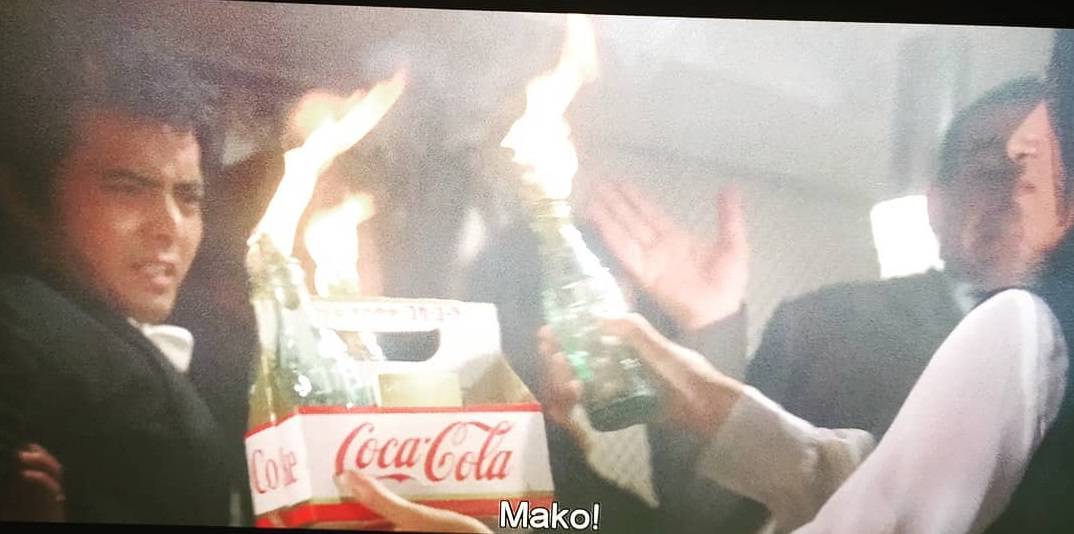
Furthermore, the message against racism is also implemented through the presence of the all female group Golden Half, all of which were offspring of Japanese mothers and foreign mothers, a concept they actually exploited as the main selling point of their significant success. Furthermore, Rikiya Yasuoka, who plays Kazuma is Japanese-Italian, while a revelation towards the end of the film adds another knot to the whole concept, this time through the script.
The exploitation elements are quite intense once more, with the violence against defenseless individuals being quite frequent, but overall, the action aspect here is top notch. The scene in the party (where the aforementioned image is from) is ingenious in its conception, while the brutality, drama and extend of the last one makes it one of the most memorable in the genre, again in a style that reminds much of a western. Hasebe's direction, Muneo Ueda's cinematography and Mutsuo Tanji's editing truly shine in these scenes, with the latter also implementing a frantic pace in the majority of the movie, that suits its overall aesthetics perfectly.
Lastly, the cast truly shines here. Tatsuya Fuji is as cool as ever as The Baron, with his racist mania towards half-breeds and his overall no-mercy attitude being toned down by his evident love for Mako. Meiko Kaji truly shines for the first time in the series, with her exhibiting both a femme-fatale and a dramatic victim of the circumstances with equal gusto. The succession of scenes where she is tricked by Baron due to her feelings for him, the way she storms the party throwing Molotov cocktails, her remorse and subsequent punishment directly afterwards are a wonder to watch, highlighting her performance in the best way.
“Stray Cat Rock: Sex Hunter” is a great film, a masterpiece of exploitation, and a testament to how artful the movies of the genre can be.


